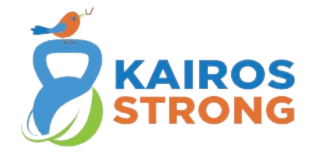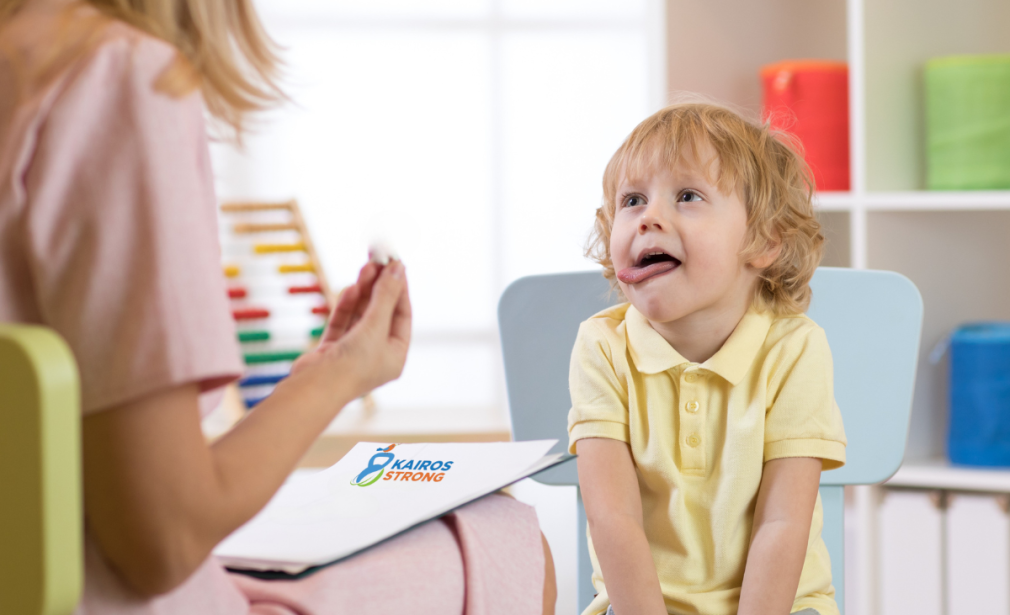Orofacial Myofunctional Disorders (OMDs)
OMD refers to issues with the muscles and functions in and around the mouth, including the tongue, lips, and jaw. These problems can affect basic functions like breathing, swallowing, chewing, speaking, and even sleeping.
Do you struggle with any of the following?
- Mouth Breathing
- Tongue Thrusting
- Difficulty Swallowing
- Speech Problems
- Jaw Pain or Clicking
- Teeth and Bite Issues
- Posture Problems
- Sleep Issues
- Clenching / Grinding
- Crooked teeth
- Snoring
- Frequent headaches
Our myofunctional therapy program helps retrain the muscles of the face and mouth, improving their function and efficiency. This therapy is beneficial for children, teens, and adults, with personalized goals to establish healthy oral habits. These habits support nasal breathing, proper swallowing, and optimal tongue posture—all of which can enhance sleep, reduce fatigue, improve focus, reduce pain and stress, and help maintain orthodontic results.
Myofunctional therapy is a neuromuscular re-education of the oral and facial muscles. Using a blend of dynamic, static, and resistance exercises, it strengthens and coordinates the muscles involved in breathing, chewing, swallowing, and speaking. It also promotes balanced muscle function, which can improve facial symmetry and natural expression. By enhancing these essential functions, therapy can lead to better airflow, reduced oral-facial tension, and overall improved well-being.
Therapy can help achieve outcomes such as:
A key aspect of myofunctional therapy is teaching proper tongue posture. When the tongue rests on the roof of the mouth (instead of the bottom of the mouth), it helps promote nasal breathing.
People who breathe through their mouths often struggle with keeping their lips sealed at rest. Myofunctional therapy includes exercises that strengthen the muscles around the lips, encouraging them to stay closed while breathing.
One of the core focuses of myofunctional therapy is to retrain the muscles involved in swallowing. In normal swallowing, the tongue should press against the roof of the mouth, not the teeth.
Muscle imbalances often stem from poor habits or compensations (e.g., tongue thrusting, mouth breathing). Over time, the body “learns“ these habits and forms muscle memory. Myofunctional therapy retrains the muscles by encouraging proper movement patterns
In children, muscle imbalances can influence facial and jaw development, leading to problems such as narrow palates or improper bite alignment. Myofunctional therapy can help guide the development of the face and jaw by encouraging proper muscle use. For example, strengthening the tongue and jaw muscles in children can help create space for teeth and promote healthy growth patterns.
What to Expect: During the comprehensive evaluation, we will assess the strength and movement of your lips, tongue, jaw, cheeks, and palate, along with conducting a breathing assessment and an overall body posture evaluation. We will also review your health history and perform various measurements and functional assessments. If the therapy involves a child, it’s important that at least one parent is present and involved as a practice partner.
Therapy typically involves three phases:
- Intensive Phase: We usually meet weekly for 8 weeks to address immediate needs and make neuromuscular changes.
- Generalization Phase: Sessions shift to every other week, focusing on improving function and more complex patterning.
- Habitual Phase: Meetings occur every 3-4 weeks to help solidify and make new patterning automatic and lasting.
The frequency and duration of each phase will be tailored to your specific needs.

